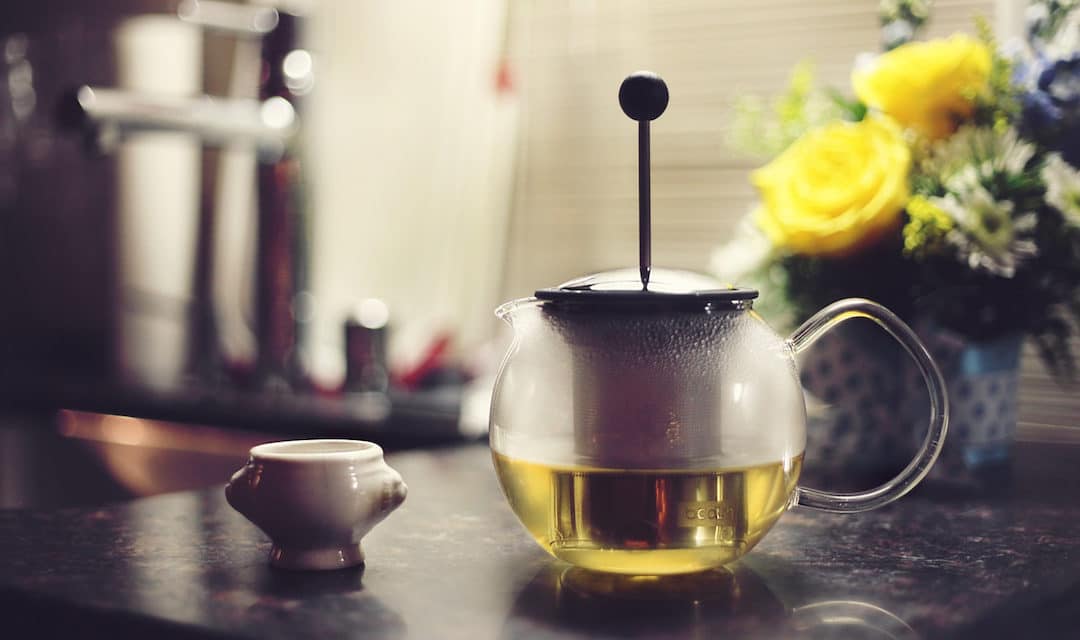Author
DR Rob Gandy I UK
My guess is that the majority of people browsing this website will have a cup or mug of tea within reach – at least if they are British!
The only question will be whether it is empty or not – and if it is empty then this means that it is time for a refill. Certainly this is the case for this author: I always answer my better half’s enquiry about whether I want a cup of tea in the affirmative. The only problem with drinking so much tea is that, as Star Trek’s Scotty would say, “You canna change the Laws of Physics”…..

…antioxidants have linked tea to a lower risk of diabetes, heart disease, and cancer.
Image by Jessica Ruscello at Unsplash
But now researchers have found that imbibing could more than halve the risk of cognitive decline for older adults. And this is particularly the case for those with a genetic risk of Alzheimer’s disease. A longitudinal ageing study undertaken in Singapore2collected information on participants’ tea consumption, and undertook standardised assessments that evaluated their cognitive function every two years. Data included how much tea they drink, frequency of tea consumption, and what types of tea they consumed.
The study found that compared with adults who rarely drank tea, those who consumed tea regularly had a 50 percent lower risk of cognitive decline. In addition, for adults who possessed the APOE e4 gene – which is associated with an increased risk of Alzheimer’s disease – those who drank tea regularly were found to be at 86 percent lower risk of cognitive decline.
These findings remained even after accounting for numerous confounding factors, such as the presence of other medical conditions, social activity, physical activity, and other lifestyle factors. Cognitive benefits were seen with tea that was brewed from tea leaves, such as green tea, black tea, and oolong tea. However, the research did not pinpoint the mechanisms behind tea’s potential brain benefits; it might be due to beneficial compounds the beverage contains, such as theaflavins, catechins, thearubigins, and L-theanine, as these compounds exhibit anti-inflammatory and antioxidant potential, and other bioactive properties, that may protect the brain from vascular damage and neurodegeneration.

So, isn’t that good news for us tea drinkers? If you have now finished reading this article you will know that it is time to go and put the kettle on and make yet another delicious cuppa. But this time you will know that you are doing it with the reassurance that it is good for you. Now if only you could remember where you have put the remote for the TV……………..






